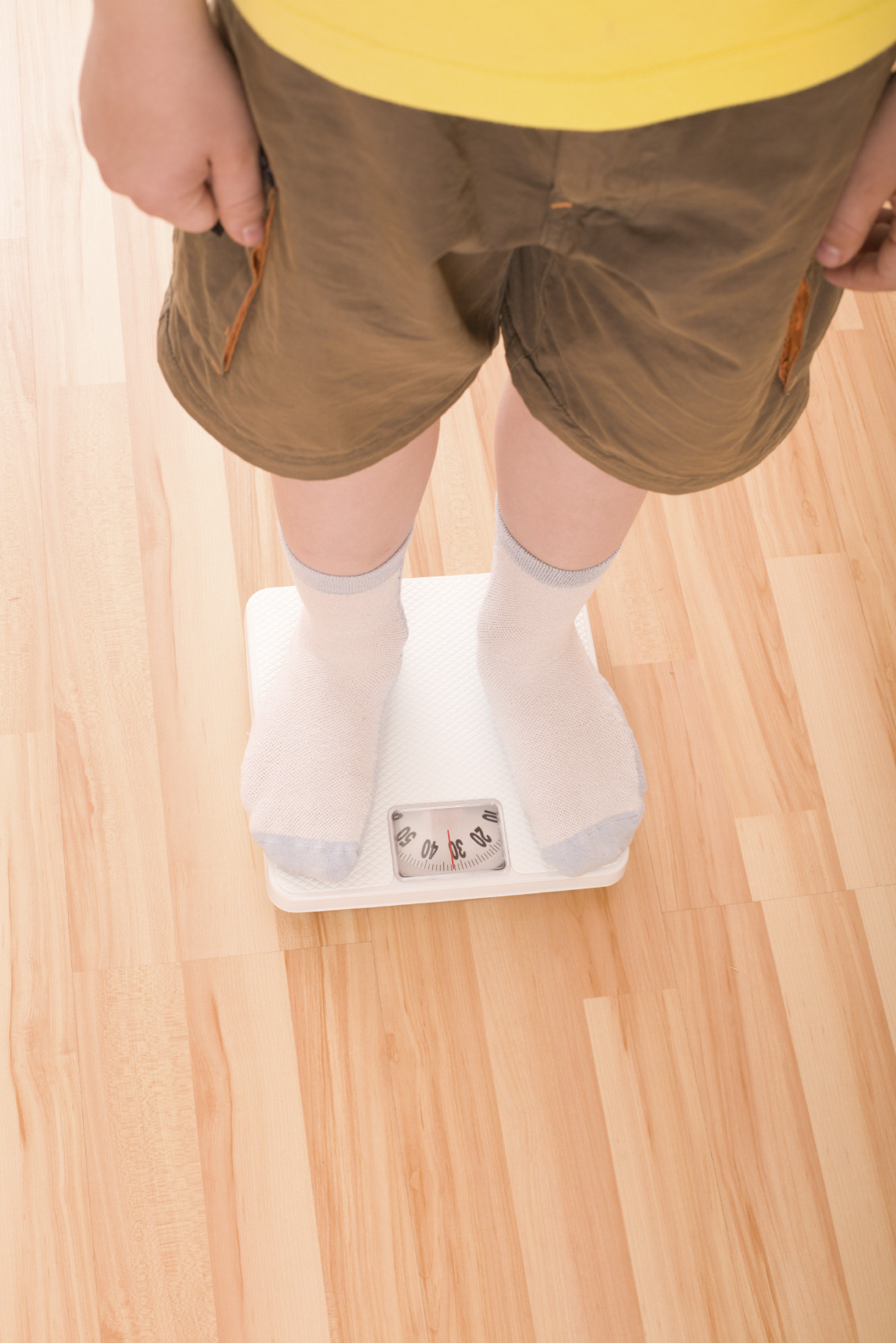
Can white noise really help you sleep better?

Celiac disease: Exploring four myths

What is prostatitis and how is it treated?

What is Cushing syndrome?

Exercises to relieve joint pain

Think your child has ADHD? What your pediatrician can do

Foam roller: Could you benefit from this massage tool?

Stepping up activity if winter slowed you down

Common causes of cloudy urine

Dragon fruit: How to enjoy this antioxidant-rich fruit
Child & Teen Health Archive
Articles
The latest dangerous “addiction” parents need to worry about: Mobile devices
If you’ve looked up from your phone recently — or even if you haven’t! — you may have noticed that many children and teens are glued to their devices. While experts aren’t quite ready to call this an “addiction,” a new survey of parents and teens confirms that many of them suspect they’re too dependent on their devices. We’ve discussed the potential implications of this, plus suggested some “ground rules” for when to ignore those devices.
Preventing playground injuries: The fine line between safe and overprotective
You may have noticed that many playgrounds are now “safer” than they used to be. It’s great to think about safety, especially since there are hundreds of thousands of playground-related injuries every year, and a significant chunk of those are brain injuries like concussions. But it’s also important not to get overprotective — some life lessons about risk and self-confidence are best learned in a fun, stimulating, well-supervised environment like a playground.
Why the American Academy of Pediatrics opposes North Carolina’s transgender “bathroom law”
A new law in North Carolina prevents transgender people — people who feel very strongly that their biological sex does not match their true gender — from using the public restroom of the gender they identify with. But the American Academy of Pediatrics has denounced this law for discriminating against transgender children and children with certain genetic disorders. As they say, what all children need the most is unconditional acceptance and support.
How much should teens weigh to prevent heart disease as adults?
We know that overweight teens have a higher risk of heart disease throughout their life, which is why pediatricians make sure to discuss healthy lifestyle choices with their patients. However, a recent study reveals that the weight ranges currently considered acceptable for teens might be too high, and therefore still putting them at risk. We’ve summarized the results and given you some ideas to help your teen lead an active, healthy lifestyle.
Which kids are most likely to have prolonged concussion symptoms?
Awareness of the effects of concussions in children and adolescents has risen, along with the frequency of diagnosis. Researchers and other medical professionals are attempting to develop tools such as a risk grading scale, that might be used to better manage the injury and provide the most effective treatment.
FDA warns parents about arsenic in rice cereal
Rice has an unusually high arsenic content — and high amounts of arsenic in the body can increase the risk of cancer and learning difficulties. The FDA has recently proposed an upper limit on the amount of arsenic in infant rice cereal, but it hasn’t yet been adopted. In the meantime, we’ve listed steps you can take to reduce your — and your child’s — consumption of arsenic.
We should be ashamed if we don’t pass Tobacco 21 laws
Ninety percent of smokers had their first cigarette before turning 18. A movement to raise the legal age to buy tobacco in the United States to 21 hopes that making it more difficult for young people to start smoking may lead to a healthier population overall.
The inconvenient truth of vaccine refusal
The development of vaccines for many once-fatal illnesses has saved the lives of hundreds of thousands of children in the United States. While some parents may have concerns about the side effects of a vaccine, the decision not to vaccinate a child extends the risk of illness to the larger community.
3 reasons the 2016 campaign can be good for kids (parents, it’s up to you!)
It’s natural to want to shield your children from the vitriol of this year’s presidential campaign — but think twice before you turn off the evening news. We’ve listed three ways you can turn this year’s campaign into opportunities to teach your children about the political process and even have conversations that can help them — and you — come away with a broader perspective.
The latest on a simple way to help prevent food allergies in kids
Pediatricians used to recommend that parents hold off on giving their children foods that commonly cause allergic reactions — peanuts, eggs, seafood, wheat — for the first few years of the child’s life. We now know that was bad advice. Recent studies have shown that giving these foods very early in life is perfectly safe — and that it actually decreases a child’s risk for some food allergies.

Can white noise really help you sleep better?

Celiac disease: Exploring four myths

What is prostatitis and how is it treated?

What is Cushing syndrome?

Exercises to relieve joint pain

Think your child has ADHD? What your pediatrician can do

Foam roller: Could you benefit from this massage tool?

Stepping up activity if winter slowed you down

Common causes of cloudy urine

Dragon fruit: How to enjoy this antioxidant-rich fruit
Free Healthbeat Signup
Get the latest in health news delivered to your inbox!
Sign Up











